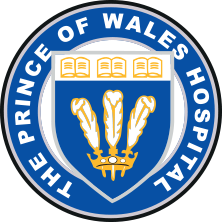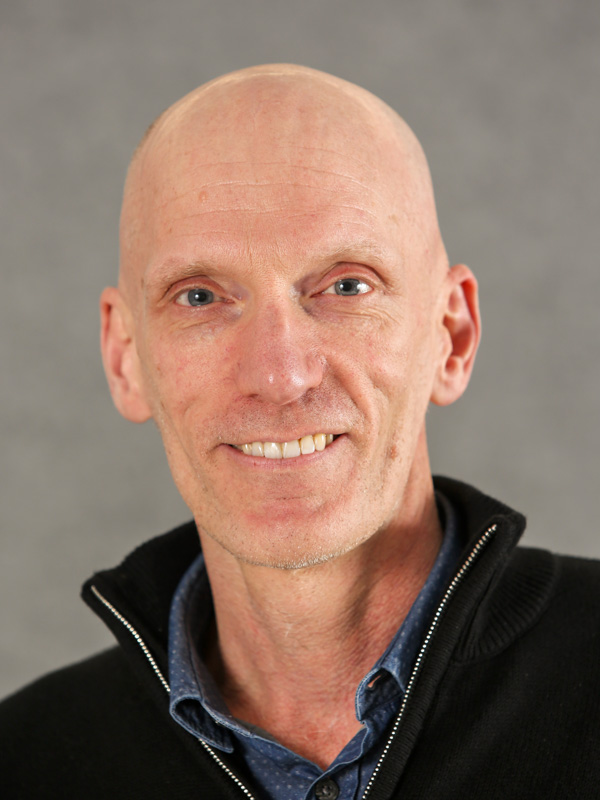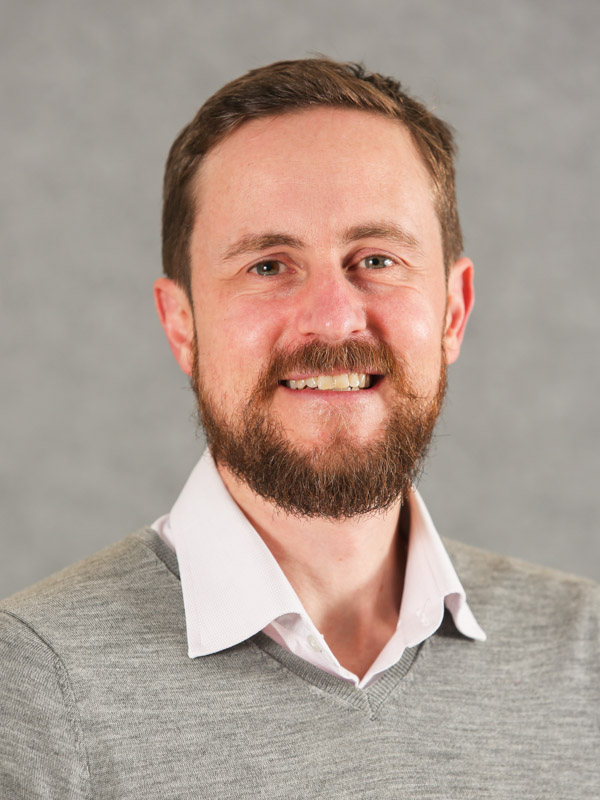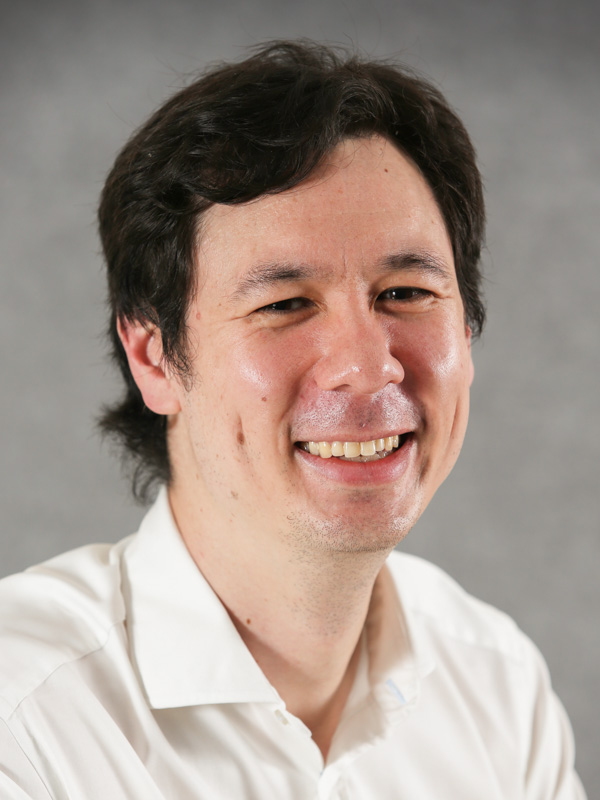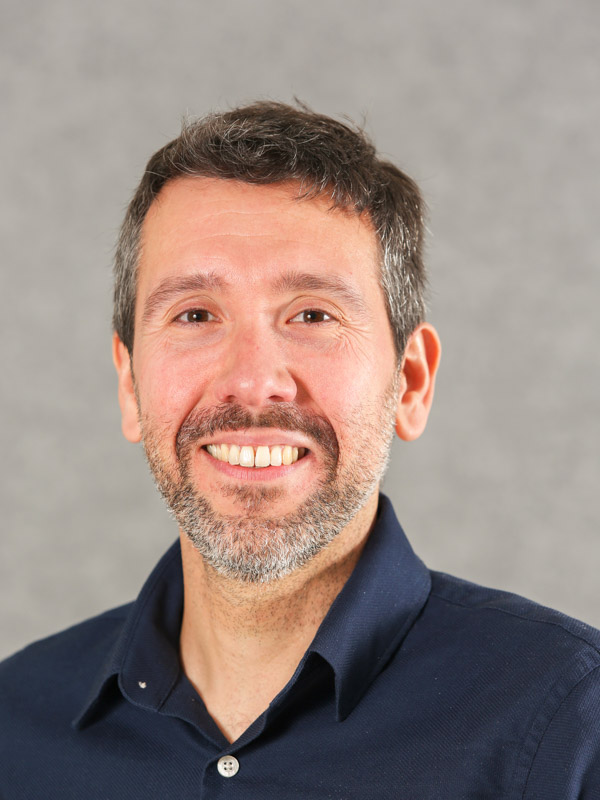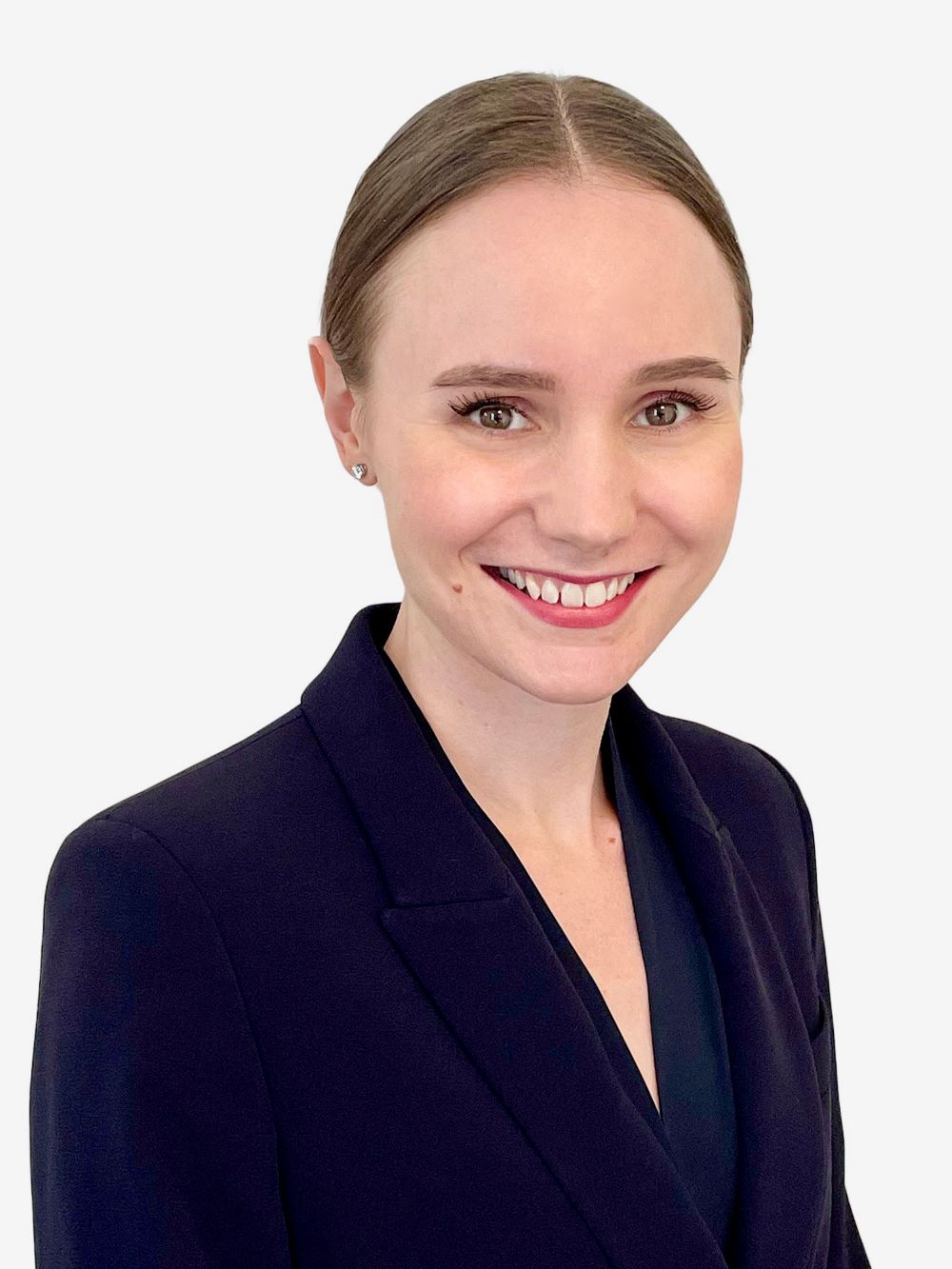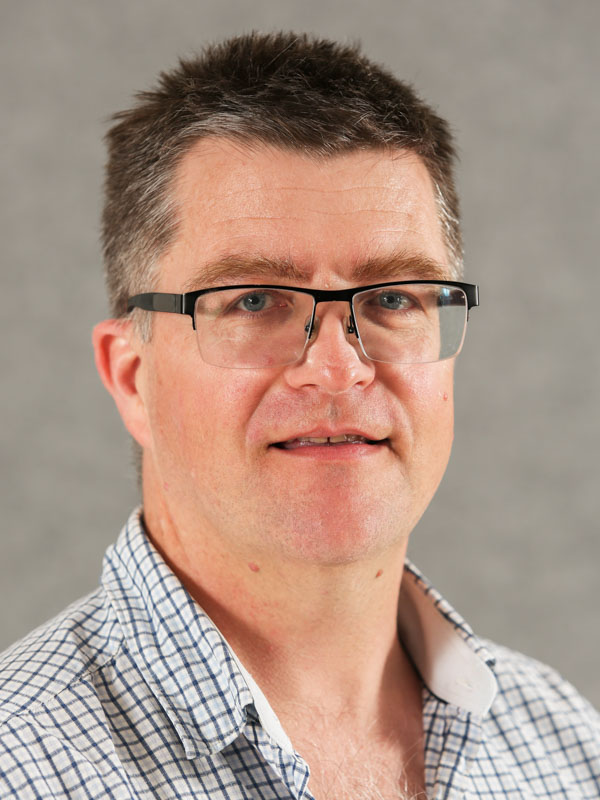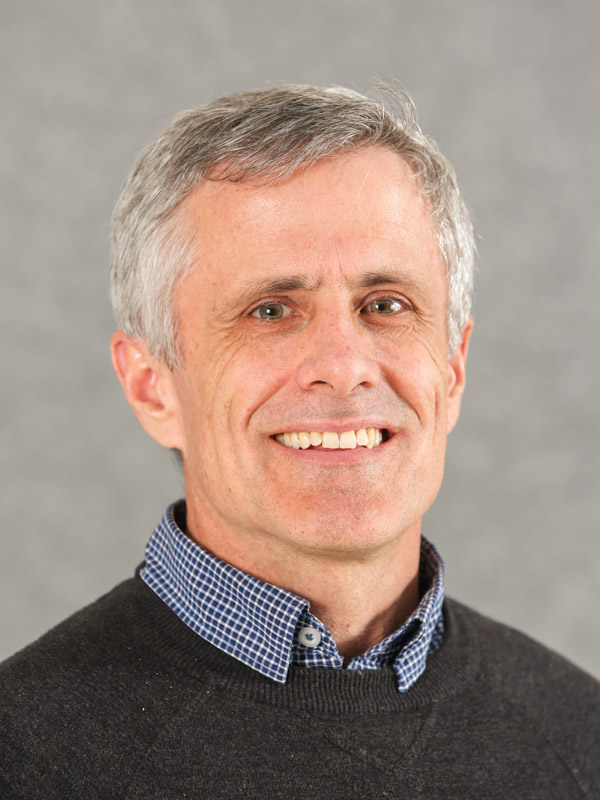Staff Specialist Neurologist, Gosford & Wyong Hospitals. SPHERE Translational Research Fellow in Stroke Medicine & Senior Research Fellow, Sydney Brain Centre, Ingham Institute for Applied Medical Research, Senior Lecturer, UNSW Medical School
Chris is a stroke neurologist based at the Sydney Brain Centre, Ingham Institute for Applied Medical Research. He trained at Royal Prince Alfred Hospital (with secondments to Orange and Bathurst Base Hospitals), and has clinical appointments at Prince of Wales, Liverpool and Gosford Hospitals. He is the Sydney Partnership for Health, Education, Research & Enterprise (SPHERE) Translational Research Fellow in Stroke Medicine at Liverpool Hospital, and a Senior Lecturer at the University of New South Wales (South-Western Sydney Clinical School). He is also a former Clinical Lecturer at the University of Sydney (Central Clinical School, Royal Prince Alfred Hospital) and Postdoctoral Research Fellow at the Victor Chang Cardiac Research Institute (Sydney, NSW) and Mater Medical Research Institute (Brisbane, QLD).
